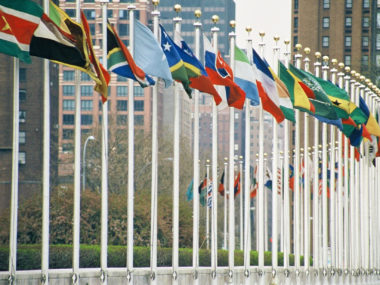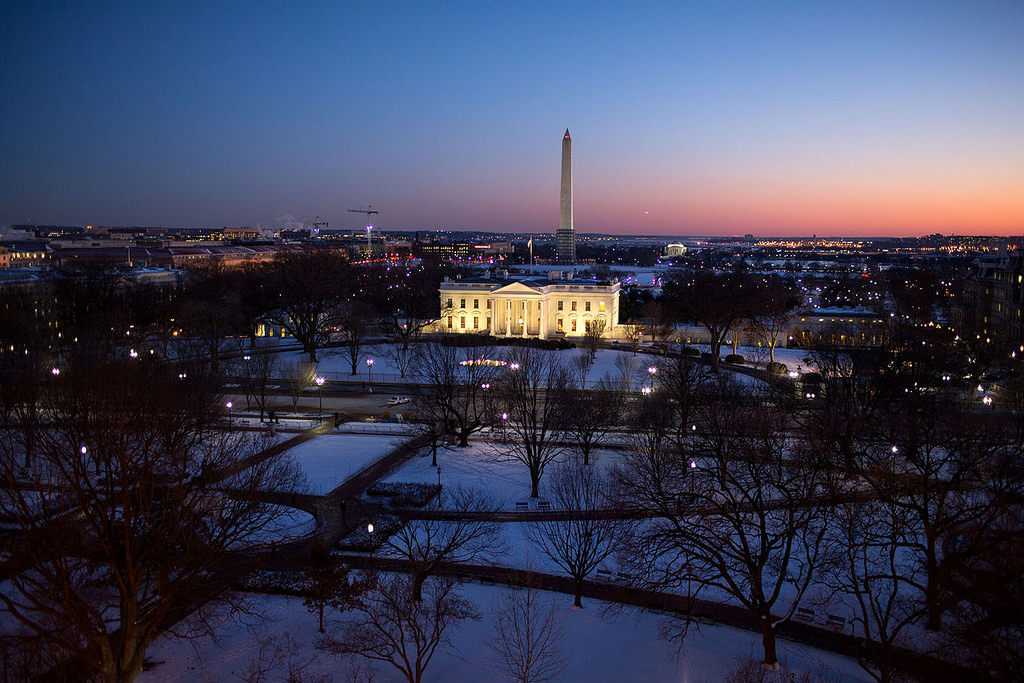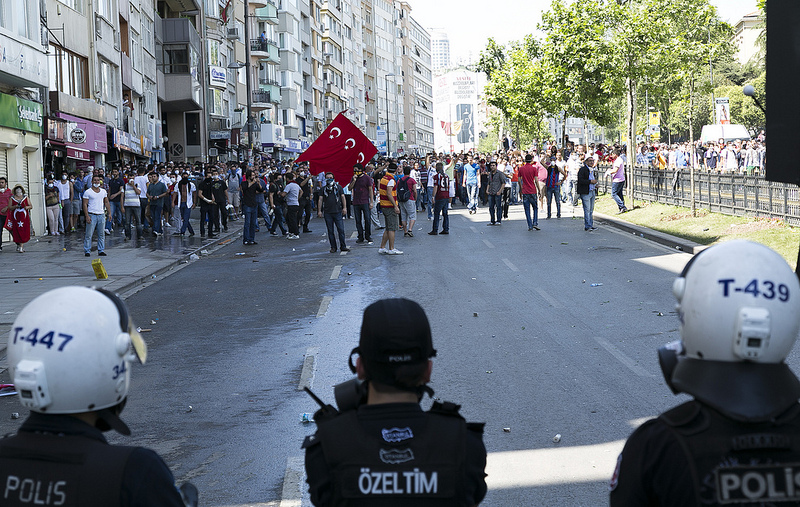
What are the prospects for local efforts to reduce the killing in Syria? So far, the conflict has taken a terrible human toll. With the rise of ISIS and now additional U.S. intervention and military support to the “moderate” rebels, the fighting remains intense. The situation could get worse before it gets better.
A new UN Special Envoy has taken to the idea of brokering local truces to protect civilians, especially in Aleppo. Some previous attempts in Syria appear to have helped, at least for short periods of time. But there has still been little analysis of this approach. Based on my research on this issue and thinking about other cases, I offer several insights:
- Local peace actions are found around the world. Local peace actions and ceasefires are found in conflicts around the world, and not just the “easy” conflicts: from Tenancingo in El Salvador (as well as later gang truces), to Colombia, to the Philippines, to Afghanistan. Although these cases have had variable results, these cases suggest that the concept of local détente in Syria is not totally infeasible.
- Go for local-based and legitimate truces. Involving local civil society actors when calling for local truces can be helpful. Even though civil society actors can at times be challenged in dialoguing with armed belligerents, there have been successes. As I have found, local institutions have been helpful for providing transparency and credibility to help monitor and enforce local agreements. Nonviolent civil society movements still exist in Syria (e.g., the Local Coordination Committees), but they have also been greatly weakened as the conflict has endured.
- Dialogue beyond the central warring leaders. Do not just negotiate with the elite or central leaders of the different belligerent camps. Also dialogue with local commanders, and if possible, seek out any less hardline individuals that might exist among the various factions (a recently discussed example among the Nazis helps illustrate that such actors almost always exist). By nudging these individuals, a cascade of support for a more cooperative truce could emerge.
- Local truces may not be stable. Local truces are tricky because they require continued work and monitoring to be maintained. Given the current incentives and aggressive ideologies of the state and non-state armed actors now fighting in Syria, the conditions could be a difficult fit for these kinds of truces. Although the Assad regime is studying the newest proposed truce, it has been accused of double-dealing and reneging on previous truces. And, previous UN Envoys Kofi Annan and Lakhdar Brahimi failed to make ceasefires for the central conflict stick even temporarily (e.g., around events such as Ramadan). For this reason, a U.S. State Department spokesperson is rightly skeptical—that local truces would just be a stalling tactic on the part of the regime. Despite their “extremism,” some of the rebel groups may have more support among the population on the ground and therefore may be more amenable to these truce options compared to the regime.
In sum, the odds are tough for local truces in Syria, but there are few alternatives to address the humanitarian crisis. Local peace efforts may not yield a larger solution to the conflict, but there is still the possibility that they could improve the livelihoods of embattled communities as they try to endure the worst of the fighting. One approach to make such peace actions more likely and more stable is to provide support for local civil society, in contrast to primarily aiding the armed rebels.
Stay tuned for further analysis on this pressing topic…







0 comments
I don’t see how local truces are going to be possible when at least one major external state is determined to exacerbate the conflict.
We became an experimental lab for “peace” theories and approaches.